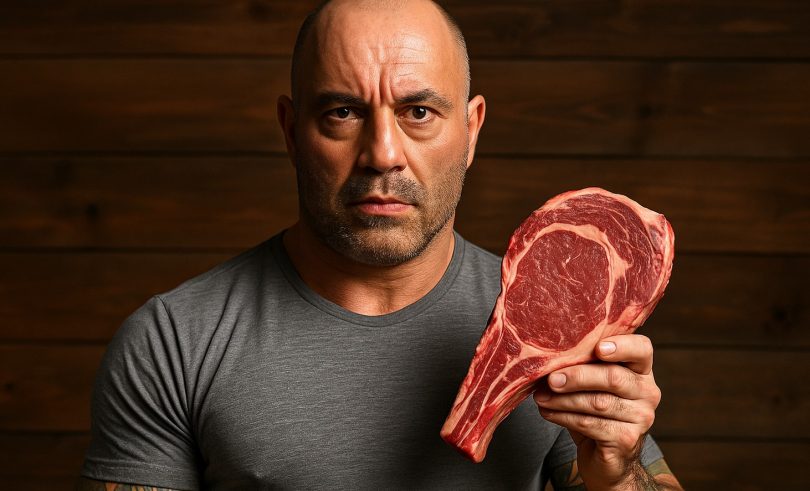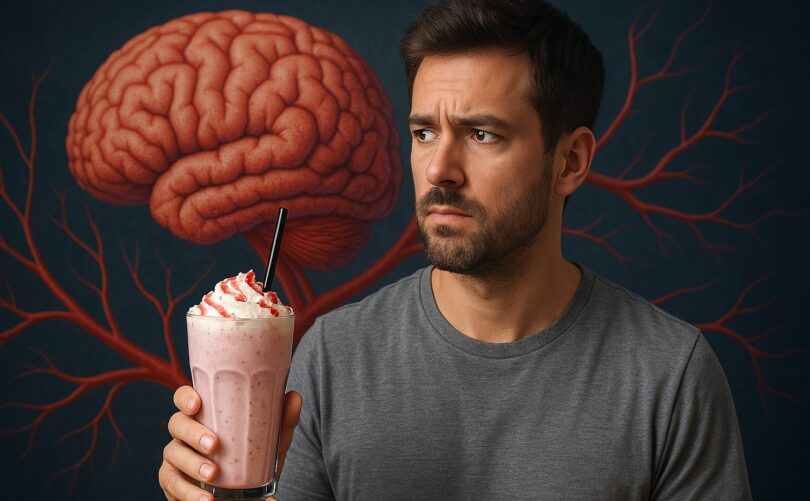Health experts are voicing serious concerns over Joe Rogan’s controversial meat-only diet, questioning its long-term effects and nutritional balance.
The Controversial Diet in Spotlight
Joe Rogan, the famous podcast host and fitness enthusiast, has long promoted the carnivore diet—an eating plan that consists entirely of animal products. While Rogan claims it improved his energy, mental clarity, and reduced inflammation, doctors are now warning the public to think twice before adopting the extreme regimen.
What Are Doctors Saying?
Medical professionals from top institutions such as Harvard Medical School and the American Heart Association are raising red flags. Dr. Lisa Martinez, a cardiologist, explains that a meat-only diet may raise LDL cholesterol and increase heart disease risk. Additionally, the diet lacks essential fiber, antioxidants, and phytonutrients found in fruits and vegetables.
“It’s not sustainable for the average person,” says Dr. Martinez. “And over time, it may contribute to nutrient deficiencies and metabolic imbalances.”
Celebrity Influence and Misinformation
Experts are also concerned with the influence of celebrities like Rogan on public health. With millions of followers, his endorsement of extreme dietary approaches can mislead those looking for fast results without proper medical consultation. Nutritionist Anna Floyd adds that many of her clients mimic celebrity diets, only to suffer from fatigue, digestive issues, and mood swings.
What Science Says
Recent studies have shown mixed results. While short-term elimination diets can help identify food intolerances, long-term carnivore plans may compromise gut health. Fiber-rich foods are critical for the microbiome, and their absence can lead to inflammation and poor immunity.
Proceed with Caution
Joe Rogan’s diet may have anecdotal benefits, but the medical consensus is clear: balance is key. Health professionals urge individuals to consult a doctor or dietitian before trying restrictive eating patterns. For those seeking energy, clarity, and wellness, a varied, nutrient-dense diet remains the safest path.






